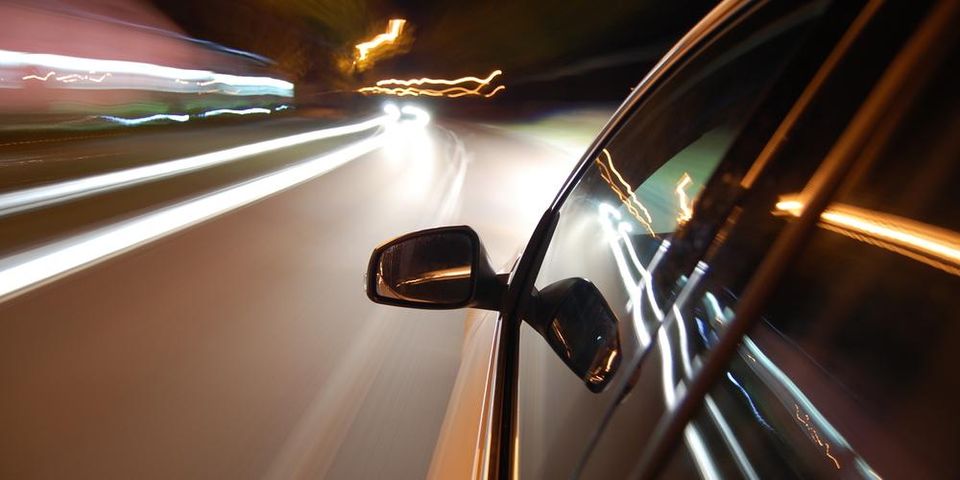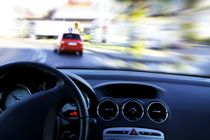3 Ways Police Spot Drunk Drivers: Information From a DWI Lawyer

Every day, more than 3,000 people are arrested for drunk driving. But how do police officers spot drunk drivers? What signs signal to police that a driver may be impaired? DWI lawyer Thomas A. Corletta, Attorney at Law has been serving clients throughout the Rochester, NY, area for over 35 years. Below, he shares three ways police identify drunk drivers on the road.
3 Ways Police Spot Drunk Drivers
1. Drifting, Weaving, or Swerving
When a person is intoxicated, their vision and senses of balance and proportion are altered. If they get behind the wheel of a car, these alterations often take the form of drifting, weaving, or swerving on the road. Typical signs police look for include vehicles unable to stay in their lane, vehicles haphazardly moving in and out of traffic, and vehicles veering across the road or onto the shoulder.
2. Poor Speed & Distance Judgment
 A drunk driver may have diminished concepts of speed and distance. They might not realize they are going as fast as they are, and they might not gauge how close or far they are from other vehicles, pedestrians, roadsides, buildings, or traffic signs. A police officer could identify a drunk driver if the vehicle they pull over stops too close or far from the side of the road or if the driver has trouble braking gradually and comes to abrupt stops.
A drunk driver may have diminished concepts of speed and distance. They might not realize they are going as fast as they are, and they might not gauge how close or far they are from other vehicles, pedestrians, roadsides, buildings, or traffic signs. A police officer could identify a drunk driver if the vehicle they pull over stops too close or far from the side of the road or if the driver has trouble braking gradually and comes to abrupt stops.
3. Fluctuating Speeds
None of us can maintain a perfect speed every time we start the car. But police can often spot a drunk driver when a vehicle is fluctuating wildly between each end of the speed spectrum. If a car is going 25 mph one minute and 65 mph the next for no obvious reason, it could be a red flag to an officer.
DWI lawyer Thomas A. Corletta, Attorney at Law represents clients facing drunk driving charges as well as representation for a variety of civil and criminal defense issues. Call (585) 546-5072, visit his website, or connect with them on Facebook or Twitter to schedule a consultation for legal advice and guidance. Let a skilled DWI lawyer ensure your rights are protected as you take on the charges against you.
About the Business
Have a question? Ask the experts!
Send your question

